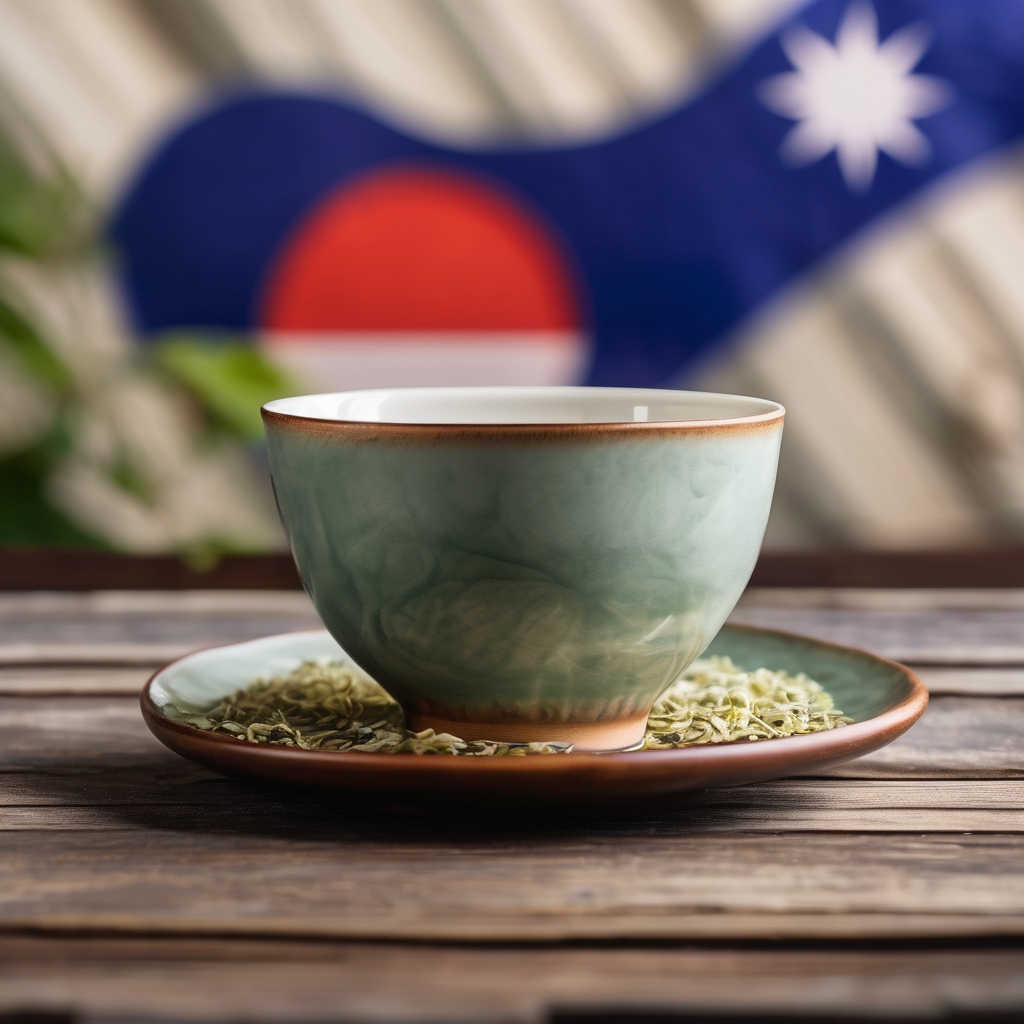Taiwan is currently positioned as a crucial point in the ongoing rivalry between the United States and China, playing a pivotal role in the security dynamics of the Indo-Pacific region. For Beijing, claiming sovereignty over Taiwan remains a principal objective, while for Washington and its allies, Taiwan stands as a significant linchpin in ensuring regional security and maintaining key global supply chains.
Recent escalations have intensified tensions, particularly following Beijing’s extensive military maneuvers, such as the “Joint Sword 2024B” exercises, which involved deploying 153 aircraft and 43 naval vessels as a demonstration of military strength. The Pentagon has issued warnings about the potential for a Chinese invasion by as early as 2027, fueled by the modernization of the People’s Liberation Army (PLA). This alarming situation highlights how Taiwan’s defense is intrinsically linked to regional stability.
The analogy drawn between Taiwan’s circumstances and the historical events surrounding the American Revolution—specifically, the “Lexington Without Concord”—suggests a dire outlook. Just as the American colonies faced chaotic skirmishes that ignited a broader conflict, Taiwan is encountering its own series of military intrusions, cyber threats, and heightened diplomatic isolation. Yet, unlike the early colonists who had the luxury of time to negotiate before escalation, Taiwan operates under a more accelerated timeline, necessitating immediate and cohesive responses to ensure its defense.
At the heart of Taiwan’s challenges lies what can be described as a sovereignty trilemma, characterized by three main components: constitutional ambiguity, de facto autonomy, and international constraints. The Republic of China (ROC) constitution retains claims over mainland China, creating a complex constitutional landscape that complicates Taiwan’s identity as an independent state. Despite functioning as a vibrant democracy with substantial economic clout, particularly in the semiconductor industry, Taiwan faces significant limitations in international recognition, having only a handful of formal allies on the world stage.
Recent statements from President Lai Ching-te, who affirmed Taiwan’s non-subordination to China, have inflamed tensions with Beijing and serve as further evidence that Taiwan’s struggle for self-identity is fraught with challenges. While preparation in military terms is essential, fostering resilience through unity, diplomacy, and civic education is equally vital.
Looking at historical precedents during the American Revolution indicates that internal unity and coordinated effort were keys to overcoming external threats. As Taiwan faces its own divisions, particularly between the ruling Democratic Progressive Party (DPP) and the opposition Kuomintang (KMT), a similar approach may be necessary. The DPP’s current struggle to consolidate support for national unity amidst rising external pressures highlights the urgency for a collaborative approach.
Taiwan has shown a commitment to bolstering its defenses through initiatives like the 2025 Han Kuang exercises and enhancing its diplomatic outreach, yet overcoming the fragmented political climate will be critical. Strengthening civic defense and countering disinformation efforts will foster a culture of resilience, ensuring that the populace is prepared for potential external threats.
Despite the ongoing pressures, there are signs of regional support for Taiwan, particularly from allies like Japan, which has engaged in joint military exercises and investments in critical semiconductor sectors. Furthermore, Taiwan’s participation in ASEAN discussions indicates a growing recognition of its strategic importance, demonstrating that it is not entirely isolated as Beijing might prefer.
As Taiwan navigates this complicated landscape, its future may hinge on the ability to develop a cohesive strategy that emphasizes resilience and pragmatic governance instead of confrontation. By learning from the historical lessons of revolutions, Taiwan can prioritize diplomacy alongside military preparedness, ensuring it retains its autonomy and role as a vital player in the regional balance of power.
Taiwan’s scenario represents a contemporary struggle for self-determination amid external pressures. The path forward will require deft maneuvering—balancing unity at home, bolstering defenses, and enhancing diplomatic relations abroad. With these strategies, Taiwan has the potential not only to endure but to thrive, asserting its presence and shaping its trajectory in the international arena.
